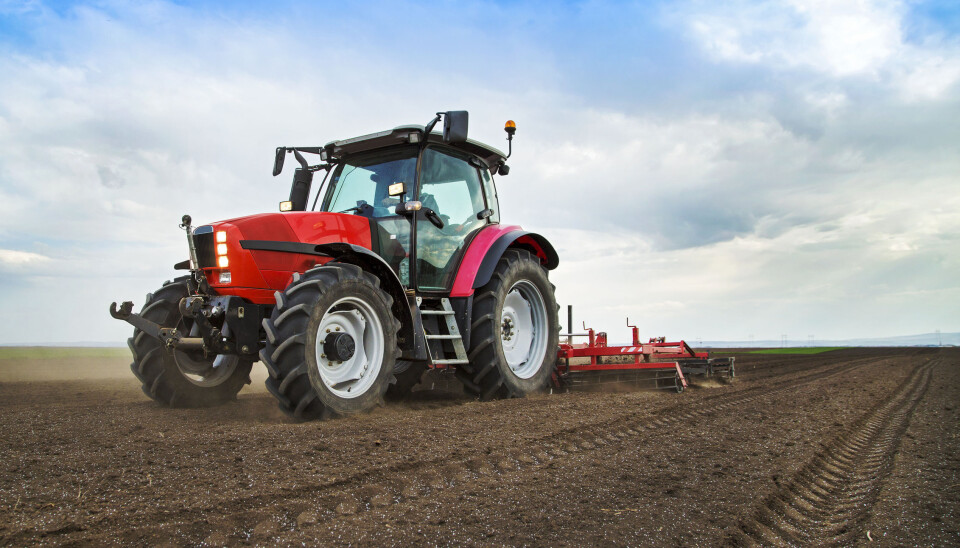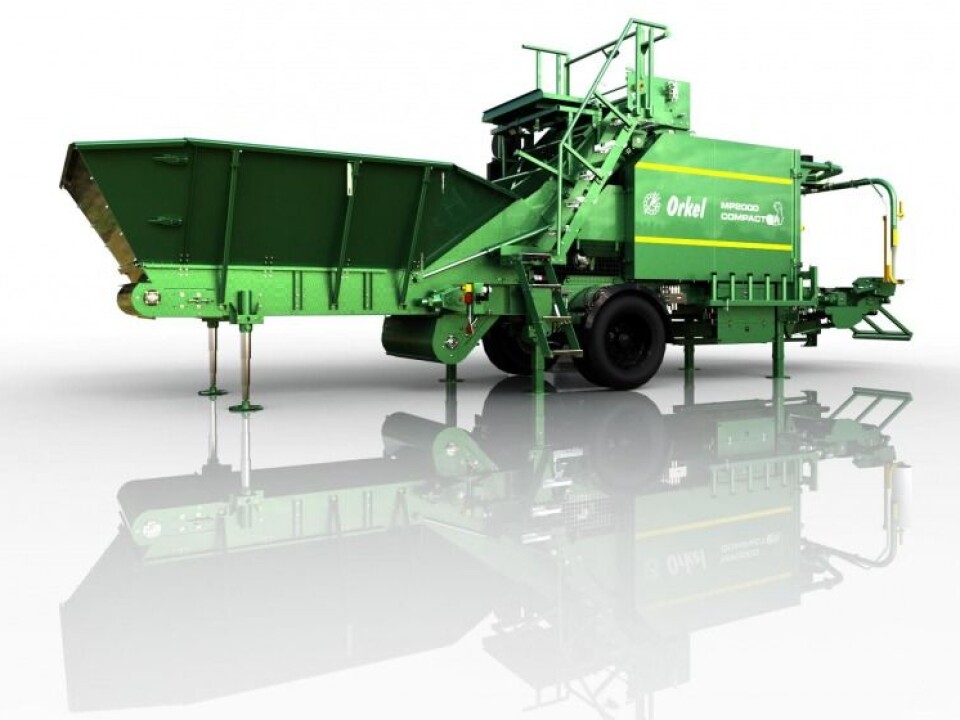An article from Norwegian SciTech News at SINTEF

Norwegian agri-tech goes global
Norwegian manufacturers of agricultural technology are now getting active support from researchers. Such companies will benefit from new applications and exposure to a global market.
Denne artikkelen er over ti år gammel og kan inneholde utdatert informasjon.
The basic idea behind the research project COMPACT is to boost the profile of Norwegian companies in the global market so that as much industrial manufacturing as possible can be retained in Norway.
Learning sales and marketing
Instead of the price-driven outsourcing of manufacturing to foreign countries, Norwegian high-tech companies must learn how to market their own product quality, manufacturing performance and efficiency.
According to Maria Kollberg Thomassen at SINTEF, Norway is already a world leader when it comes to the development and manufacture of agri-tech products.
"However, Norwegian manufacturers have traditionally focused their main efforts on product innovation, and much less on process innovations. There is unexploited potential here", she says.
Leaders in agricultural machinery

The manufacturer taking part in the project is Orkel Holding AS, based at Fannrem. This is a family firm with 75 employees that started by manufacturing bicycles in the 1950s. Today, the company has an annual turnover of NOK 200 million, and is Norway's leading manufacturer of agricultural tractor trailers and round bale compactors.
Following many years of work in round bale technology development, Orkel launched its 'Kompaktor' machine in 2003.
"This is a unique technology for the compaction of round bales", says Orkel representative Erlend Gjønnes. "Not just for hay and straw, but also for fertilisers and biomass materials such as maize, wood chippings and cod heads", he says. "The machine can compact these materials by as much as 70 per cent – making product transport much easier, not least for export", says Gjønnes.
Researchers at SINTEF and NTNU will be contributing as 'mentors' for the new mindset. What they bring to the table are tools and strategies for global marketing, combined with expertise in manufacturing, logistics and value chains.
From 50 to 500
The company currently exports between 50 and 60 machines a year. But Orkel now plans to develop into a robust organisation with a sound marketing strategy tailored to meet its future needs. It aims to increase its sales to 500 machines a year.
"We believe strongly that Orkel can become the leading company in the world in its sector", says Thomassen.
A universal wealth creation concept
The research group at NTNU/SINTEF are working together with Orkel employees, using meetings and workshops to find out how the company can better exploit its potential.
Company employees are travelling all around the world to market and sell the Fannrem company's products. This activity has shown that the machine is competitive in several markets. However, the researchers believe that a more systematic rationalisation of Orkel's marketing efforts will generate even more opportunities. In order to be able to meet increasing competition in the international market, Orkel has to develop more effective manufacturing processes and faster value chains, invest in training, and develop a more targeted marketing strategy.
"During this project we are working deliberately with a single manufacturer, but there is much to be gained in terms of universal know-how that can be applied in other sectors", says Thomassen. "We believe that the concept will help small and medium-sized Norwegian agri-tech manufacturers make their breakthroughs in world markets. And in our case the technology will also incorporate new applications in the waste, energy, and foodstuffs sectors", she says.
----------------------------------------






























